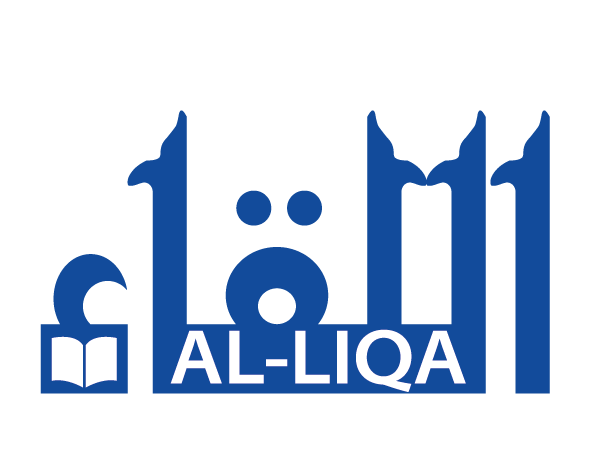Theology and the Local Church in the Holy Land Conference
(Palestinian Contextualized Theology Conference)
15th Session
From Fasting to Easter: A Church Vision in Galilee
2 February 2008
Mar Elias Institutions – Ibillin, Galilee
On the 2nd of February 2008, the Theology and the Local Church in the Holy Land Conference was organized by Al-Liqa’ Center/Galilee Branch. The conference took place at Mar Elias Institutions in Ibillin, titled “From Fasting to Easter: A Church Vision in Galilee”.
The conference was inaugurated with a Biblical meditation and reflection by Rev. Fu’ad Dagher, pastor of the Evangelical Church in Shafa ‘Amr. He stressed the importance and spiritual meaning of fasting.
Dr. Geries S. Khoury gave the first lecture in which he put forth the issue of fasting in the Bible and fasting’s history in early Christian eras and among the eastern fathers of the church. Dr. Khoury pointed out as well fasting in Christian Arab heritage in the Middle Ages and among a number of theologians and philosophers.
Following a lunch break a panel comprising Bishop Dr. Elias Chacour, the nead of the Melkite Catholic Church in Galilee and Bishop Dr. Boulous Marcuzzo, the Latin Vicar in Nazareth. Bishop Elias Chacour said that the greatest love is when a person himself sacrifices to his neighbor. This is the teaching of Christ. I send my appeals to all faithful not to aggress against their fellow brothers.
Concerning Christian presence in the Holy Land, Bishop Chacour refuted all those who classify Christians in the land as a minority. They are an integral part of their people. Jews in the United States refuse their classification as a minority. Instead, they consider themselves as a community.
Bishop Marcuzzo questioned the presence of cultured Christians in public life and he called for attracting them to such positions. He added that the Church in our land is committed to renewal of faithful’s life through the general Parish Plan. Faithful must renew himself/herself from the inside through prayer, parish work and fasting. Bishop Marcuzzo added that fasting is not an end by itself. It is a mean and essence and not outside appearance. He gave examples from texts on fasting derived from Christian Arab Heritage.
Dr. Johnny Mansour, a researcher and lecturer in Galilee, pointed out in his lecture, the spiritual and the popular traditions of Easter at different levels: families, young peoples, groups and children. These traditions are on the verge of extinction.
At the conclusion of the conference, Dr. Boutros Dalleh delivered a poem, composed on the occasion of the beginning of the 40-day of fasting, and thanking as well Al-Liqa’ Center.
Dr. Geries Khoury, in addition, read the final communiqué of the conference which is directed to the leaders of the Church in the Holy Land: To allocate scholarships for researches and university students in the areas of theology and Christian Arab Heritage; to uncover Christian Arab History, to study manuscripts located in international and local libraries such as the Vatican Library, Palestinian, Lebanese, Syrian, and Egyptian monasteries which show clearly the role of Arab Christians and their contribution to Arabic civilization and humanity. This will only strengthen Christian Arab identity and the spirit of belonging to the land, nation and history.


